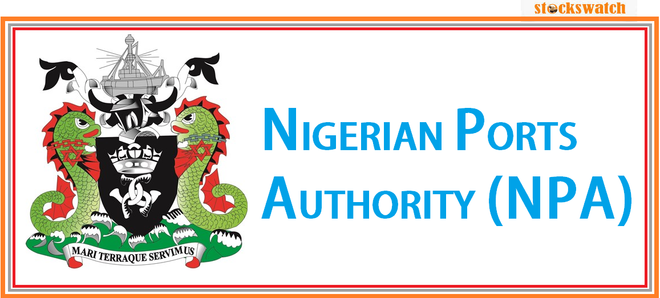There are strong indications that the management of the Nigerian Ports Authority (NPA) may have lincesed more barge operators to help evacuate cargoes from the nation’s seaports.
The move, it was learnt, was to solve the problem of congestion at the ports, as well as ease the gridlock in and out of the Lagos port city.
The president of the Barge Operators Association of Nigeria (BOAN), Kelikume Edeme, who disclosed this, said that over 36 barge operators had been licensed to operate.
Edeme revealed that more barge operators were being screened by the NPA to also help in the evacuation of cargoes from the ports to reduce undue pressure on the existing ones.
The BOAN President assured that members would work in line with NPA guidelines and also check the incursion of illegal barge operators to avoid theft of cargoes.
He appealed to the NPA to compel terminal operators to open up their container holding bays, saying this was one of the greatest challenges confronting members of the association.
In the same vein, he appealed to the NPA to force terminal operators to reduce dwelling time, saying that barges spend, at least, four days before they would be loaded with containers.
According to him, this has further increased barge operation, which he feared that if not checked would be transferred to the end users
“The NPA has just issued fresh licences to new operators. This would also check the proliferation of illegal barge operators. We have a duty to work with the regulator to check proliferation.
“The challenge we are currently facing is the waiting time at the terminals. Another problem is return of empty containers. Shipping lines are taking advantage of this situation. Importers and transporters are made to pay heavily. None of the terminals has a facility where empty containers are dropped after off-loading. This is a big problem that needs to be attended to by NPA.
“The terminals at the ports are not receiving empties so after off-loading there is nowhere to drop empties, yet they charge demurrage on empties.
“Sometimes, we spend an average of four to five days before we are attended to. And for those who hired, they will pay for the barges. Now, who bears the additional cost?” he said.

 Join Daily Trust WhatsApp Community For Quick Access To News and Happenings Around You.
Join Daily Trust WhatsApp Community For Quick Access To News and Happenings Around You.


